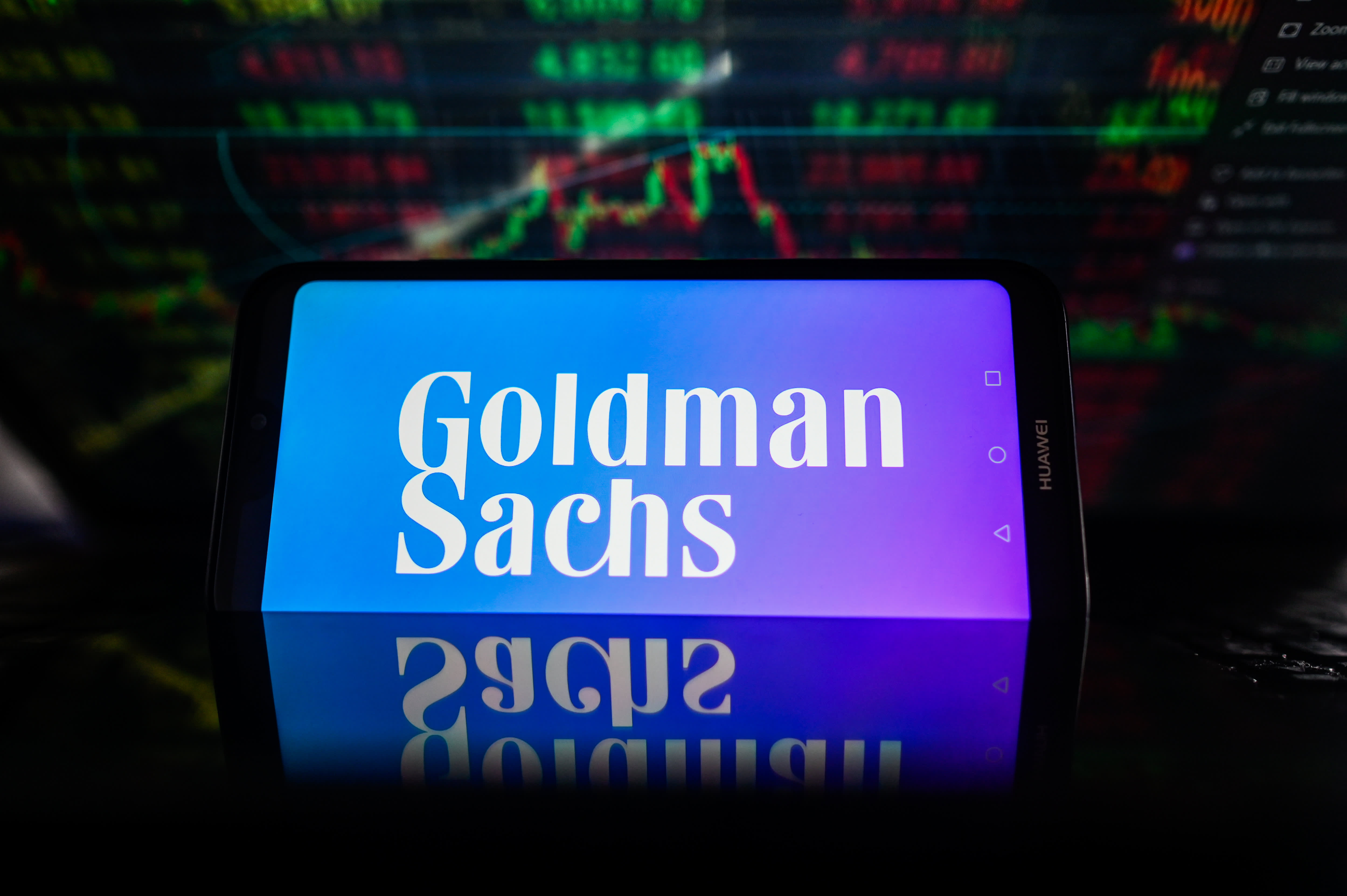Omar Marques | Lightrocket | Getty ImagesThe electricity network covers a large part of the Northeast and serves around 190 million Americans, according to federal data. The involvement of a company linked to Goldman Sachs in providing an essential service to Americans is expected to draw attention to the bank’s efforts to increase revenue through alternative investments. It also marks Goldman’s entry into an industry that critics have noted as rife with consumer abuse. A wave of energy deregulation since the 1990s has given rise to a new group of retailers offering potential savings compared to existing utilities. However, there have been allegations of deceptive marketing and billing practices leading to higher costs for customers in some cases. It is estimated that customers in deregulated states overpaid by $19.2 billion over a decade. Rhythm, self-proclaimed as the largest independent green energy provider in Texas, stands out as an honest company in a field with less scrupulous players. The company, which started offering retail energy plans in Texas in 2021, distinguishes itself by avoiding teaser rates and hidden fees which are common among its rivals, as stated on its website. However, despite its claims of fair dealings and good service, Rhythm’s Texas customers paid an average rate of 18 cents per kilowatt hour in 2022, five cents more than customers of the state’s regulated providers, according to U.S. Energy Information Administration data. This rate does not include the impact of credits provided to solar customers, which reduce their costs. “Bad actors” have been observed in the residential power sector, but there have also been “great retailers with innovative products,” said James Bride, an energy consultant. “Realizing the potential there depends on ethical company behavior.” No evidence from online reviews, customer interviews, or conversations with watchdogs contradicts Rhythm’s claims of fair dealings and good service. Goldman Sachs, through a spokeswoman, stated that the bank invests in various industries through its private funds on behalf of clients, many of which operate businesses serving retail customers. This is not new for the bank. Goldman’s dealings with the American consumer have been controversial, from being accused of profiting off the 2008 housing bubble to facing losses and unwanted regulatory attention in its consumer division. The bank’s CEO, David Solomon, has shifted the focus to the asset management division as the “growth engine” after the retail banking downturn. As part of this effort, Goldman aims to raise more client money for private equity funds to achieve its goal of generating $10 billion in fees this year. Private equity firms have significantly impacted the energy landscape in the country’s largest power markets, with private capital owning about 60% of fossil fuel generators in the PJM zone and facing less regulatory oversight than legacy utilities. Rhythm made headlines in November when its application to the Federal Energy Regulatory Commission came to light, making Goldman Sachs one of the first Wall Street firms involved in selling retail energy contracts to households, according to Tyson Slocum, energy and climate director of consumer watchdog Public Citizen. Slocum highlighted Goldman’s involvement in energy contracts through its trading arm and ownership of fossil fuel generators. He raised concerns about the potential for abuses due to Goldman’s influence over retail sales, energy generation, and trading in power contracts. According to a statement from Rhythm’s CEO, the company has never purchased power from Goldman Sachs or any of its affiliated power generation assets, nor has it purchased physical or financial power from Goldman Sachs or its affiliates in the commodity markets. The company operates autonomously from the Goldman Sachs private equity fund listed as an owner in federal filings. However, Goldman Sachs has been associated with Rhythm since its founding in 2020, and the bank has placed at least one director on Rhythm’s board, a typical arrangement in the private equity industry. Private equity funds can exert influence on portfolio companies in various ways, including hiring and firing of CEOs, as well as approval of acquisitions and company sales. Despite potential concerns, the primary goal of Goldman Sachs managers is to ensure a profitable result for investors and increase the likelihood of participating in future investment rounds.
A Goldman Sachs-backed electricity firm aims to expand its reach to more American households












.webp)
/cdn.vox-cdn.com/uploads/chorus_asset/file/25462047/STK155_OPEN_AI_CVirginia_2_D.jpg)
